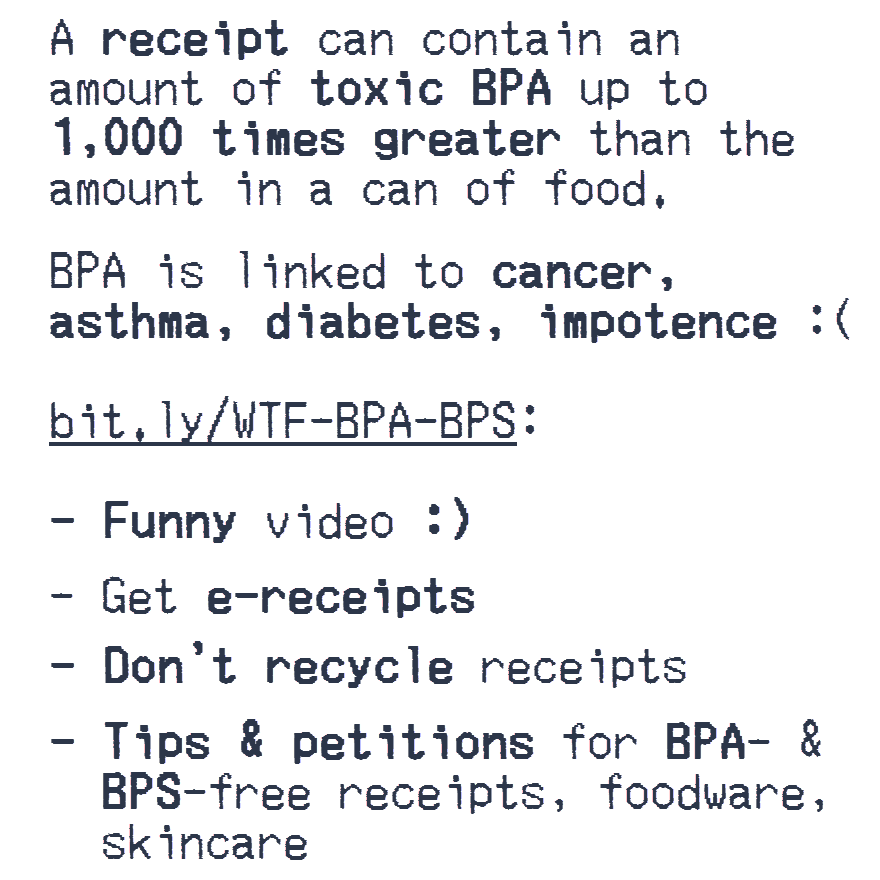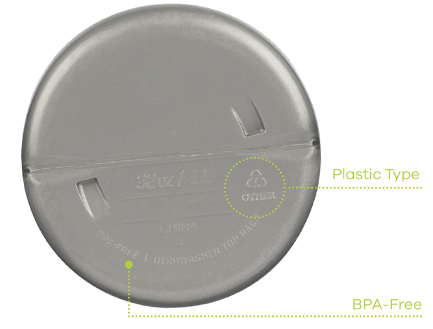Reducing exposure to bisphenol A (BPA)
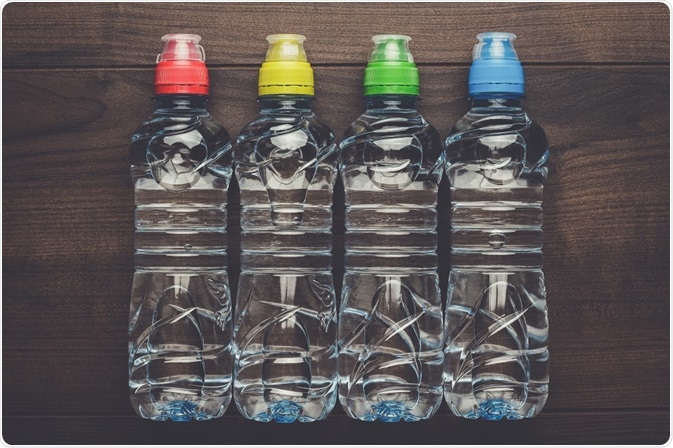
Bisphenol A (BPA) is an inorganic compound used in the production of polycarbonate (PC) plastics and epoxy resins. PC plastics are hard and are used in manufacturing baby bottles, reusable water bottles, food containers, tableware, and other storage containers. Epoxy resins are coated on the inner linings of metal containers such as food cans, bottle tops, and water supply tubing, in order to prevent corrosion of the metal leading to contamination of the stored food products.

Bisphenol A exposure disturbs the bone metabolism: An evolving interest towards an old culprit

Bisphenol A (BPA) Health Effects

Seasonal Trends, Profiles, and Exposure Risk of PM2.5-bound Bisphenol Analogs in Ambient Outdoor Air: A Study in Shanghai, China - Aerosol and Air Quality Research

Exposure to Bisphenol A 'hard to avoid' in everyday life

Prostate Health: Problems, symptoms and solutions – La Boite à Grains
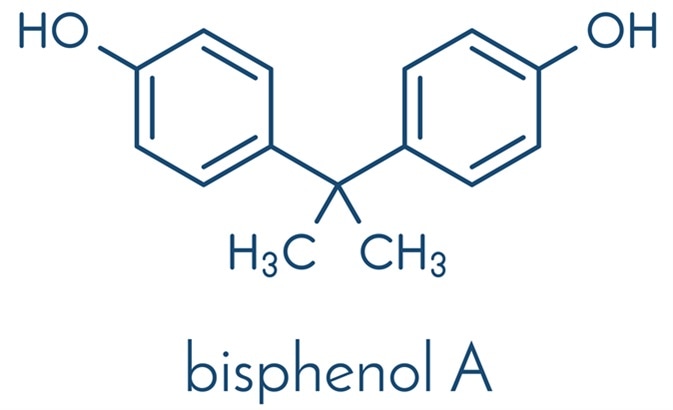
Bisphenol A (BPA) Health Effects
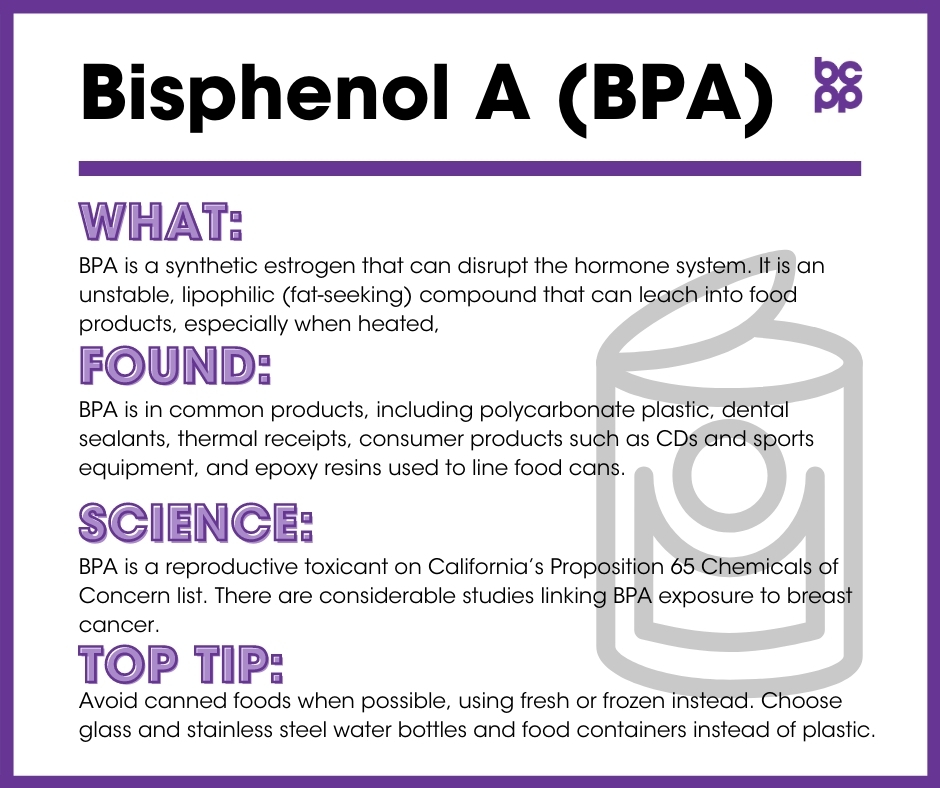
Bisphenol A - Breast Cancer Prevention Partners (BCPP)
:max_bytes(150000):strip_icc()/GettyImages-1306595069-b54737abaf7848bbadfdd84280d1f2fa.jpg)
10 Easy Ways to Reduce Your Exposure to BPA at Home
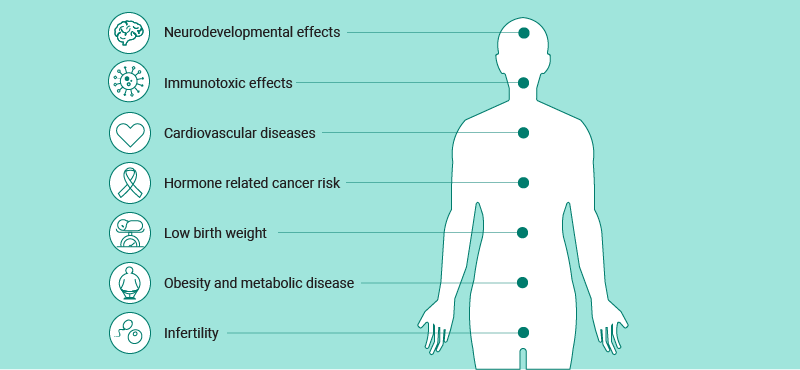
Human exposure to Bisphenol A in Europe — European Environment Agency

Effects of Bisphenol A Metabolite 4-Methyl-2,4-bis(4-hydroxyphenyl)pent-1-ene on Lung Function and Type 2 Pulmonary Alveolar Epithelial Cell Growth

Chronic exposure of bisphenol A impairs carbohydrate and lipid metabolism by altering corresponding enzymatic and metabolic pathways - ScienceDirect

Jenna Griffin MS RD (@JennaGriffinRD) / X

Exposure to Bisphenol A, Bisphenol F, and Bisphenol S in U.S. Adults and Children: The National Health and Nutrition Examination Survey 2013–2014
:max_bytes(150000):strip_icc()/VWH-GettyImages-1368595135-c84314e6bfe44fe2bb9c3d2de4ace751.jpg)
Browse From huge selection Here Can Freezing Plastic Water Bottles
%20Cause%20Autism_.jpg)
Does Bisphenol A (BPA) Cause Autism?






